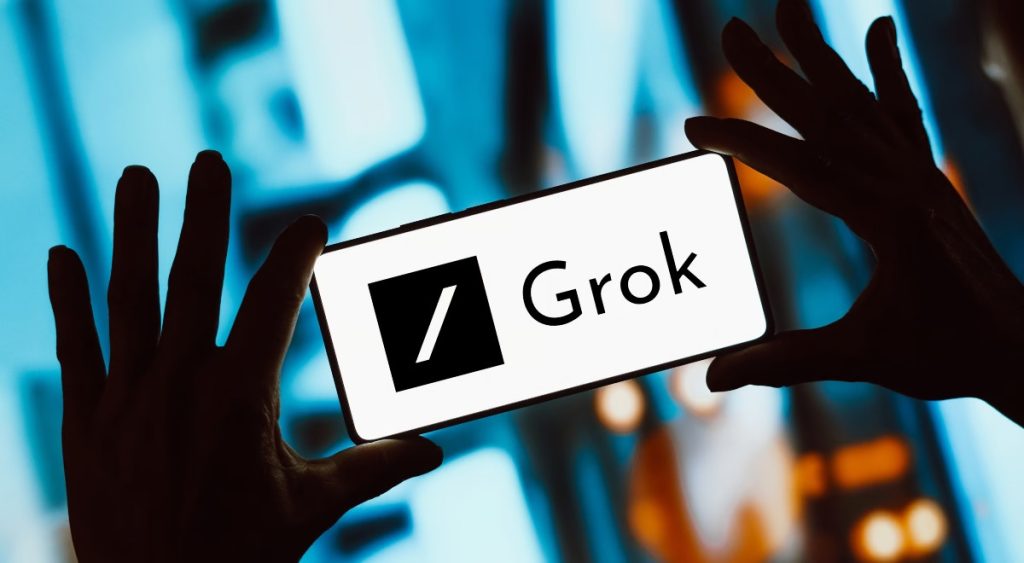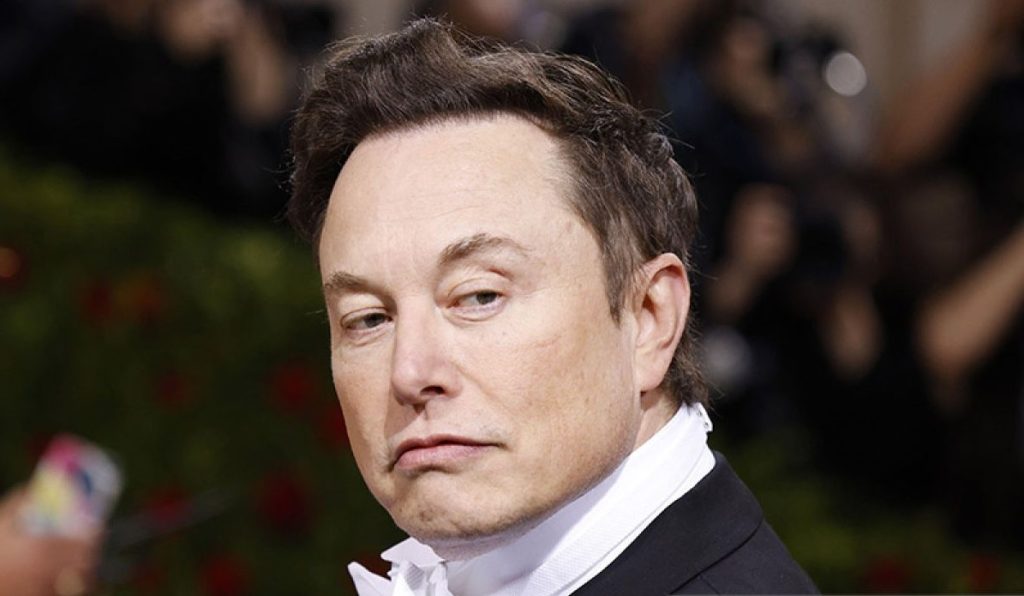The battle over the future of artificial intelligence has taken an interesting twist, with Elon Musk firing the latest salvo in his escalating war against his former company OpenAI. The maverick billionaire has promised to “open source” Grok, his highly anticipated answer to OpenAI’s wildly popular ChatGPT chatbot.
Musk’s announcement came via his social media platform X (formerly Twitter), where he stated bluntly: “This week, @xAI will open source Grok.” For those not familiar with tech jargon, “open sourcing” refers to the practice of making the source code of a software program freely available for anyone to inspect, modify, and distribute.
This bold move follows Musk’s recent lawsuit against OpenAI, a company he co-founded in 2015 with the noble goal of ensuring artificial general intelligence (AGI) would benefit all of humanity. However, Musk alleges that OpenAI has strayed from its original mission, accusing it of becoming a “closed-source de facto subsidiary” of Microsoft after taking investment from the tech giant.
By open sourcing Grok, Musk appears to be putting his money where his mouth is, embracing the principles of transparency and accessibility that he claims OpenAI has abandoned. As Eric Hartford, a developer working on open source AI models, enthusiastically stated: “I’ll be fine-tuning it the moment it is released.”
The implications of this decision are significant. Grok, which was previously available only to premium subscribers of X at $16 per month, could now become a powerful tool in the hands of developers, researchers, and AI enthusiasts worldwide. Open sourcing allows a much broader community to inspect, tinker with, and build upon the underlying technology, potentially accelerating innovation and discovery.
Emad Mostaque, the founder of Stability AI (a company that develops open source AI models), applauded the move, stating: “Open models are safer and more robust, and it’s great to see more options from leading companies in the space.”
However, the decision is not without its risks and controversies. While proponents argue that open sourcing AI models increases transparency and broadens access, critics warn that unrestricted access to powerful AI could have dangerous consequences.
Some AI experts have suggested that even today’s language models could be misused to generate disinformation, hate speech, or even instructions for creating chemical or biological weapons. As AI becomes more advanced, the potential risks could escalate further, with concerns about models becoming deceptive, unruly, and difficult to control.

A research paper released last month, which reviewed various risk assessments of AI models, concluded that reliable ways to measure the danger posed by AI do not yet exist. However, the authors acknowledged that such concerns might become more pressing as the technology advances.
Musk’s decision to open source Grok, while bold, is not without precedent. Meta, the company behind Facebook and Instagram, has embraced a similar approach with its open source models like Llama 2, which have gained popularity among developers due to their customizability and adaptability.
However, Musk’s move could thrust him deeper into the debate over the benefits and risks of giving anyone access to the most powerful AI models. As a billionaire with considerable resources, there is a possibility that Grok could become a formidable AI model in the future, raising the stakes even higher.
For now, the release of Grok’s source code will provide an opportunity for the broader AI community to scrutinize and assess its capabilities. Musk has previously promised that Grok would be less politically biased than ChatGPT or other AI models, which he and others with right-leaning views have criticized for being too liberal.
Initial tests by publications like WIRED have suggested that while Grok can adopt a provocative style, it does not exhibit a significant bias in either direction – a testament to the challenge of aligning AI models consistently with a particular viewpoint.
By open sourcing Grok, Musk may be hoping to drum up interest in his company’s AI efforts, as well as gather data that can be used to improve the model’s performance. Limiting Grok’s access to paid subscribers of X, a relatively smaller social platform, has likely hindered its traction compared to ChatGPT or Google’s Gemini.
Moreover, Musk’s move aligns with his broader stance on open source and intellectual property. Tesla, his electric vehicle company, has made many of its patents open source, embracing a philosophy of sharing innovation for the greater good.
As the AI race intensifies, with tech giants like Google, Microsoft, and Meta vying for dominance, Musk’s decision to open source Grok could be a strategic masterstroke or a reckless gambit – only time will tell.

Regardless of the outcome, the move has reignited the debate over the ethics, safety, and governance of AI technology. Should powerful AI models be tightly controlled or freely available? How can we balance the benefits of open source with the potential risks? And who gets to decide the rules of engagement in this rapidly evolving field?
These are questions that will undoubtedly shape the trajectory of AI development in the years to come. For now, Elon Musk has thrown down the gauntlet, challenging the AI community to embrace his vision of a transparent, accessible, and “truth-seeking” artificial intelligence.
Whether Grok lives up to this lofty promise or becomes a cautionary tale remains to be seen. But one thing is certain: the battle for the future of AI has entered a new, uncharted phase, and the world is watching with bated breath.
Copyright©dhaka.ai
tags: Artificial Intelligence, Ai, Dhaka Ai, Ai in Bangladesh, Ai In Dhaka, USA



